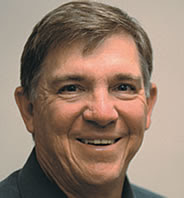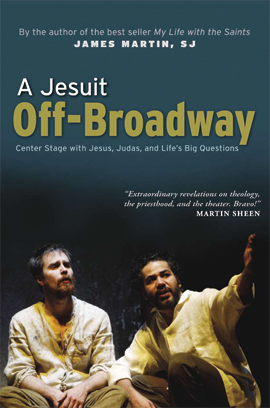
"Distory,"
by Robert Schnakenberg
Don't believe the voices clamoring about our 21st-century society being exceptionally rude and willing to belittle others more virulently than ever.
"Distory" proves that people -- especially some in high office -- have been saying ugly things about the rest of God's children for a good long time.
When Charles the Fifth led the Holy Roman Empire, he slammed an entire country: "I speak Spanish to God, Italian to women, French to men, and German to my horse."
Nineteenth-century Speaker of the U.S. House of Representative Thomas Reed blasted congressmen of his time with the cutting remark, "They never open their mouths without subtracting from the sum of human knowledge."
And author Charles Dickens once called Henry VIII "a blot of blood and grease upon the history of England."
The whole book is like that, a series of quotations by individuals who have taken the kidgloves off and vented about another.
Insults through the years
Because the quotes are organized into chapters of insults by and about a) Americans, b) Brits, c) military figures, d) other nations and e) miscellaneous, and because they are listed chronologically, "Distory" can claim to teach us a bit of history as well.
Robert Schnakenberg subtitles this St. Martin's Press work "A Treasury of Historical Insults."
"Treasury" might not be the choice of nouns that polite folks would have used. In fact, some of the remarks are clever and witty. Others plain mean and graceless.
But I found it valuable to read the American chapter from beginning to end. It was a refresher course in history -- and a mostly witty one at that. I learned, too, what some of the great names in history felt about others of their time, perspectives that weren't in my elementary or high school history books.
Guess about whom pamphleteer Tom Paine -- the lauded author of "Common Sense" -- called "treacherous in private friendship . . . and a hypocrite in public life"?
Would you believe George Washington?
John Quincy Adams termed Andrew Jackson "a barbarian who cannot write a sentence of grammar and can hardly spell his own name."
General George McClellan called Abraham Lincoln "nothing more than a well-meaning baboon."
Teddy Roosevelt said that William McKinley "has a chocolate eclair backbone."
Press no shrinking violets
Media are often accused of being much more mean than their predecessors, but Baltimore Sun columnist H.L. Mencken was as nasty as they get when it comes to insults. He wrote this about Franklin D. Roosevelt:
"If he became convinced tomorrow that coming out for cannibalism would get him the votes he sorely needs, he would begin fattening a missionary in the White House backyard come Wednesday."
Journalist Hunter S. Thompson at the end of the 20th century had a poison pen as well. Thompson on Richard Nixon:
"He was a foul caricature of himself, a man with no soul, no inner convictions, with the integrity of a hyena and the style of a poison toad."
And Gerald Ford said, "Jimmy Carter wants to speak loudly and carry a fly swatter."
Brits: Masters of the 'craft'
Our friends across the pond, of course, have made political insults a science. Politico John Bright in the 19th century said of prime minister Benjamin Disraeli: "He is a self-made man and worships his creator."
Disraeli came back with this about the man who was both his predecessor and his successor, William Gladstone: "If Gladstone fell into the Thames, it would be a misfortune. But if someone pulled him out, it would be a calamity."
My favorite quotations, however, are this clever bit of repartee between playwright George Bernard Shaw and Prime Minister Winston Churchill.
Shaw: "I am enclosing two tickets to the first night of my new play, bring a friend -- if you have one." Churchill replied: "Cannot possibly attend first night, will attend second -- if there is one." -- bz



No comments:
Post a Comment